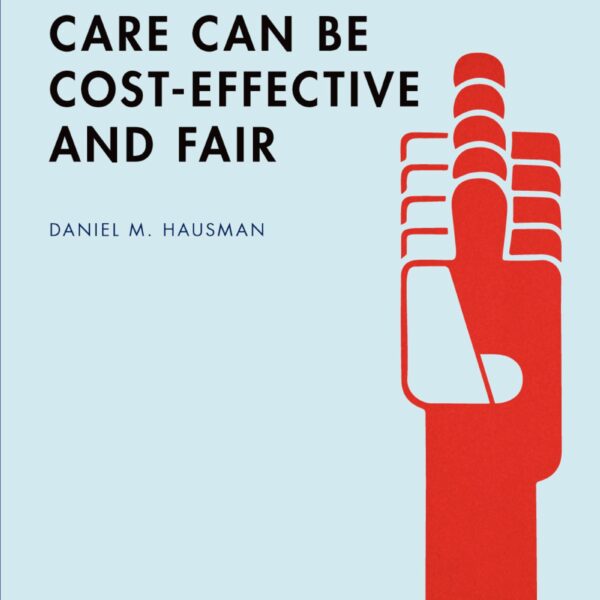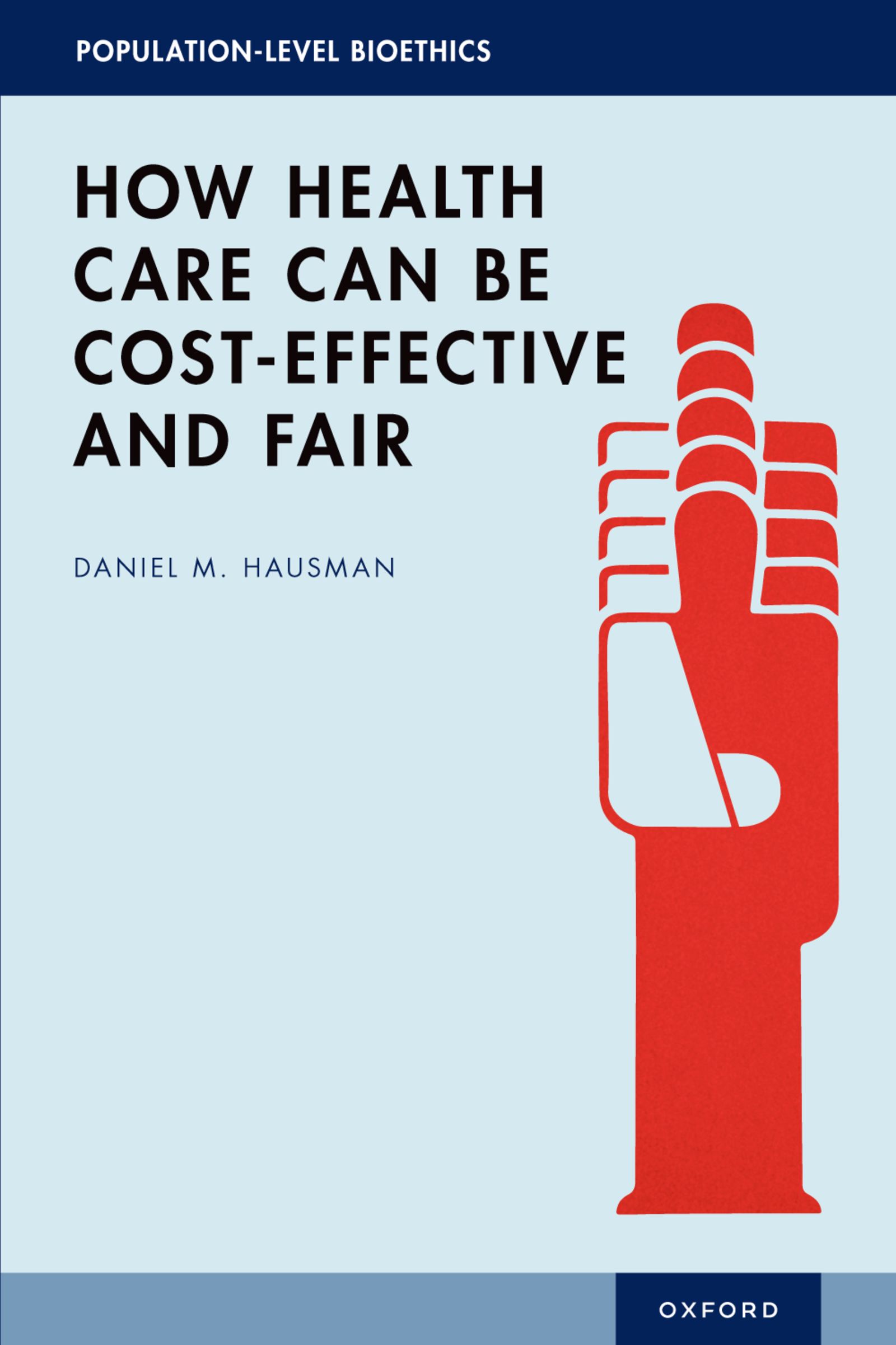-47%
Ethical Concerns and Considerations in Cost-Effective Healthcare
In the realm of healthcare, the allocation of resources faces constant scrutiny, particularly when it comes to cost-effectiveness. However, this approach has drawn criticism for its perceived ethical shortcomings. Daniel M. Hausman, the author of “How Health Care Can Be Cost-Effective and Fair,” acknowledges these concerns while proposing a nuanced understanding of the issue.
Unfairness in Cost-Effectiveness Reasoning
Critics contend that cost-effectiveness reasoning, by focusing solely on maximizing population health, disregards equitable distribution. They argue that it fails to prioritize the severity of illness and grants an insufficient chance of treatment to individuals from historically disadvantaged backgrounds or with disabilities. Hausman acknowledges these valid points, recognizing the shortcomings of relying solely on cost-effectiveness.
Balancing Principles in Healthcare Allocation
Hausman emphasizes that cost-effectiveness should not be the exclusive guiding principle but rather one among a constellation of values. Compassion, freedom, respect, and solidarity should also play a vital role in shaping healthcare policies. These values should guide the allocation of resources, ensuring fair treatment and respect for individual choices.
Population Health and Individual Values
In the quest for population health, healthcare systems must strike a delicate balance. While maximizing overall well-being is essential, it cannot come at the expense of disregarding individual needs and preferences. Ethical healthcare allocation requires a responsive approach that acknowledges the diversity of values and choices held by individuals.
Addressing Discrimination and Inequality
Furthermore, Hausman stresses the importance of addressing discrimination and inequality in healthcare. Cost-effectiveness reasoning alone cannot fully account for the historical and systemic barriers faced by certain populations. Special considerations and targeted interventions are necessary to ensure that everyone has a fair opportunity to receive the treatment they need.
Conclusion
The allocation of healthcare resources presents complex ethical challenges. Cost-effectiveness reasoning has its limitations, but it remains a valuable tool when used in conjunction with other principles. By recognizing the importance of equity, individual values, and the need to address discrimination, healthcare systems can strive for a fair and effective approach to improving population health.
maybe you like these too:
- How Health Care Can Be Cost-Effective and Fair (Original PDF from Publisher)
- Population Health: A Primer (Original PDF from Publisher)
- Legal and Ethical Issues for Health Professionals, 5th Edition (Original PDF from Publisher)
- Ethical Case Studies for Advanced Practice Nurses: Solving Dilemmas in Everyday Practice (Original PDF from Publisher)










Reviews
Clear filtersThere are no reviews yet.